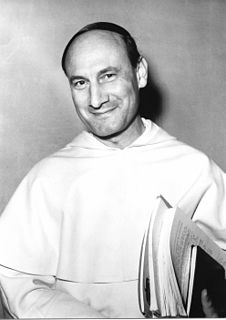A Quote by John F. Kennedy
Tolerance implies no lack of commitment to one's own beliefs. Rather it condemns the oppression or persecution of others.
Quote Topics
Related Quotes
One of the paradoxes of liberal societies arises from the commitment to tolerance. A society committed to respecting the viewpoints and customs of diverse people within a pluralistic society inevitably encounters this challenge: will you tolerate those who themselves do not agree to respect the viewpoints or customs of others? Paradoxically, the liberal commitment to tolerance requires, at some point, intolerance for those who would reject that very commitment.
Tolerance is a good cornerstone on which to build human relationships. When one views the slaughter and suffering caused by religious intolerance throughout all the history of man and into modern times, one can see that intolerance is a very nonsurvival activity. Religious tolerance does not mean one cannot express his own beliefs. It does mean that seeking to undermine or attack the religious faith and beliefs of another has always been a short road to trouble .
"Oppression" or "systems of oppression" operate as a shorthand terms in much writing and speaking so that we do not have to list all these systems of meaning and control each time (i.e. racism, ableism, xenophobia, etc.). I needed a term like that, but "oppression" implies a kind of top-down understanding of power that is at odds with the Foucaultian model I rely on in my work.
When we speak of ordinary unqualified knowledge, my thought is that we are implicitly relativizing to the standards imposed by our evolution-derived humanity. These are standards that determine when we consider it appropriate to store beliefs just as a human being, rather than in one's capacity as an expert of one or another sort. Such stored beliefs are to be available for later use in one's own thought or in testimony to others.
I could say analogously that tolerance is the affable appreciation of qualities, views, and actions of other individuals which are foreign to one`s own habits, beliefs, and tastes. Thus being tolerant does not mean being indifferent towards the actions and feelings of others. Understanding and empathy must also be present.
Tolerance has been a very important feature of Christianity from its very roots, despite all the other things that have gone on since. And that, I think, must be the global perspective. Tolerance implies more than saying, "Well, let the Muslims go on with what they are doing." It also means trying to learn something from them and adding that to your own tradition. That is the attitude I think needs to inform the global citizen of the future.
































